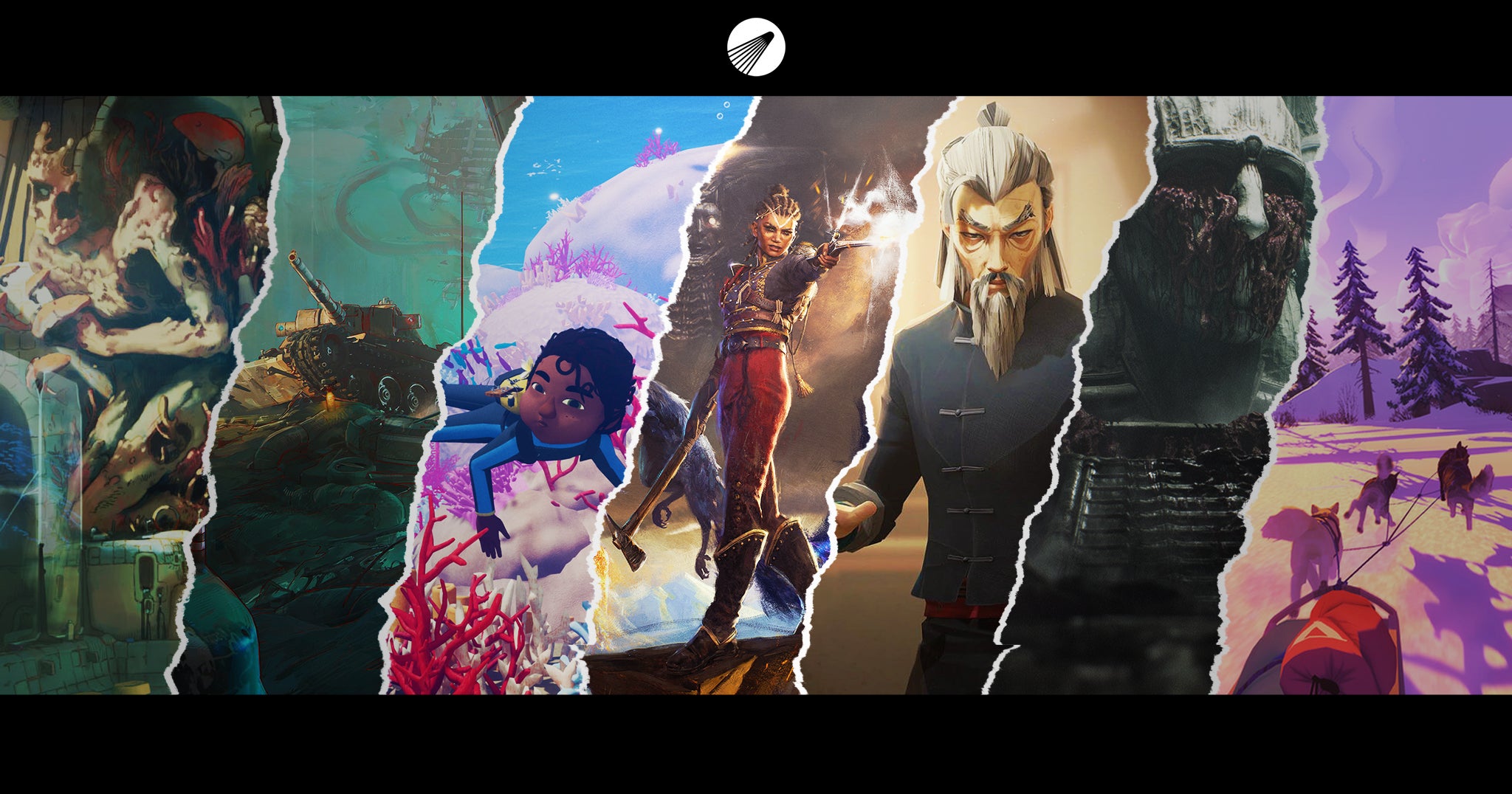The video game business has changed so much that it can sometimes be hard to keep up. Game publishing, in particular, has seen so many new and evolving models over the past five years. But in particular the opportunities it offers developers and the way it’s set up is unique.
Kepler Interactive Run an interesting model that can best be described as collaborative publishing. The label consists of several well-known independent studios.
Ashen and Flintlock: The Siege of Dawn Developer A44 – Along with Ebb Software (Scorn), Sloclap (Sifu), Timberline (The Red Lantern), Awaceb (Tchia), Alpha Channel (Tankhead) and Shapefarm – are co-owners and stakeholders of Kepler, a publishing label Operated by all its partner developers.
A44’s first game, Ashes, has a more traditional publishing deal with Annapurna Interactive; one of the most prolific and eclectic game publishers in the industry. However, the flintlock has a completely different arrangement – which is the subject of this article.
As you might imagine, this is a rare publisher-developer relationship model, and I’d love to learn more about how it works.
As part of our interview with A44 CEO Derek Bradley, we talked about Flintlock and the studio’s AAA ambitions, and through the lens of A44’s Game Pass history, the myth that games can’t be sold on Xbox. But where did Kepler come from?
“I think it’s an extraordinary experiment,” Bradley told me.
“I would say that, philosophically, the most important thing is that each studio that joins – I think it has a lot to do with the type of characters and studio that Kepler chooses – but everyone has a unifying Goal. If Kepler does it better, we’ll all do it better,” he broke it down.
“So, giving each studio a piece of Kepler as part of their inclusion is a very interesting proposition overall. Everyone feels like you have that sense of investment that you’ve always created and nurtured to you Like companies, they’ve shifted that concern to the wider community.”
In practice, Kepler’s values are more than just ownership of the partner team. A key benefit that creative directors and CEOs find particularly helpful for everyone is knowledge sharing.
“If a particular studio has expertise, they’re more than willing to help another studio,” he explained.
“And they don’t need to be official advisors or anything, people just play with each other’s builds and give real feedback — in small ways like this. Or they’ll actually join and help with a project.”
In fact, Bradley told me, the A44 has had graphics experts from other studios helping the team for about a month, in the kind of niche that only game developers can appreciate.
“You know, I th ink one of the problems with mid-sized game development companies is [that] You can’t have a standing army of all types of specialists, it’s just that the cost is insurmountable,” he noted.
“You have 100 people standing around waiting to do something. So by having this wider team that is extremely collaborative, you can attract all these experts from all over the world very, very easily. And then they go back to their companies, Everything is very, very good.”
This collaborative spirit is part of what makes Kepler a unique partnership. Even beyond the practical advantages of sharing expertise, publishers are able to make smarter decisions and launch better games — all of which feed back to themselves.
Not only that, but the same process was used to evaluate future co-working studios.
“If they are evaluating a [particular] studio and a [in-house] Studios are experts at this, they can pull them in, have them talk to other founders or do all that sort of stuff — throw in a lot of money, and I think it’s a very empathetic way overall. A little less conference room and a little more game developers. ”
For flintlocks in particular, the Kepler model gave the A44 the support it needed in the usual and unusual way. Kepler didn’t mess with the game’s ambitious scope, and the team got the time it needed to make the best game possible.
“you know, [with] In a traditional release arrangement, they release your game because they want to sell it. For Kepler, they want to grow the company; they want to sell games; they want you to have a good IP that is impactful in the long run,” Bradley explained.
“All of this adds more support, whether it’s Kepler’s entire accounting team helping us, or Kepler’s legal team helping us.
“Even something simple, we just have to pay lawyers to do certain boilerplate things; we only have one lawyer on call right now – we can never just have one lawyer, you can always email them and they’ll respond You, this is beyond our scope.”
“Right now, all these amazing dream scenarios are reality for us. So that’s pretty good,” he concluded.
Scorn is Kepler’s next major project and will be released this October. Flintlock: Siege of Dawn was instead released in 2023.










